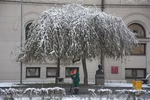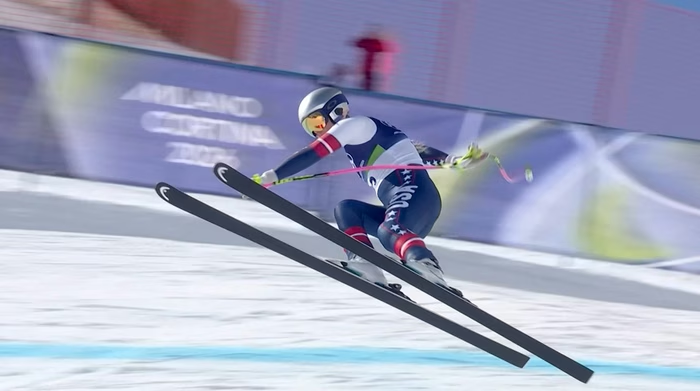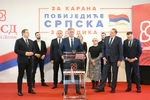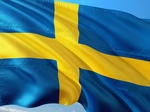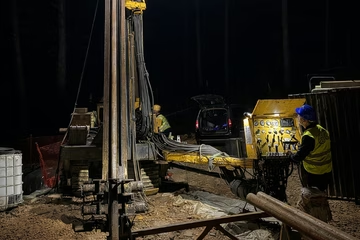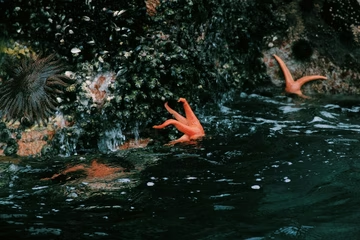N1 news director in Bosnia: ‘Government is depriving citizens of the truth’

Journalists in the region are facing more and more censorship and danger, according to the speakers at a conference named ‘Journalists and Citizens targeted by the Law and Lawlessness’, which took place in Banja Luka on Thursday.
Oglas
Changes of the law which would define attacks on journalists while they are doing their jobs as attacks on public officials, as well as changes to the laws on accessing information and beneficial retirement age for journalists are some of the demands participants of the conference agreed on.
“Media freedoms more and more come down to what the people some eighty years were saying before us, that you can write whatever you want but under the control of two or three censors,” said the head of Bosnia’s Association of Journalists, Marko Divkovic.
“Translated to the conditions in Bosnia and Herzegovina - either you have someone’s fist, pistol or baton behind you, or you have an editor. In my personal opinion, some of our editors are worse than some of our politicians,” he said.
“Human rights and media freedoms are jeopardized throughout the entire region and everything perceived as the heritage of democratically developed countries is absent here,” said the head of the Journalists Club in Banja Luka, Sinisa Vukelic.
One of the discouraging facts is that more than 20 per cent of citizens in Bosnia feel that attacks on journalists are justified. Media are often censored and it is difficult for outlets to fight against it.
According to N1 news director in Sarajevo, Amir Zukic, the absence of N1 TV channel in offers of cable operators in Bosnia’s Serb-majority part of Republika Srpska and in parts of the other semi-autonomous entity, the Federation, is a prime example of censorship as Bosnia’s citizens “are prevented from learning the truth” because they cannot watch the channel.
“The government has, through its cable operators, prevented citizens from finding out what the truth is in key situations, as they are prevented from watching N1 TV,” Zukic said.
Kakvo je tvoje mišljenje o ovome?
Učestvuj u diskusiji ili pročitaj komentare
Oglas
Kakvo je tvoje mišljenje o ovome?
Učestvuj u diskusiji ili pročitaj komentare
Oglas
NAJČITANIJE
Oglas
Oglas
Najnovije
Oglas
Oglas





 Srbija
Srbija
 Hrvatska
Hrvatska
 Slovenija
Slovenija








